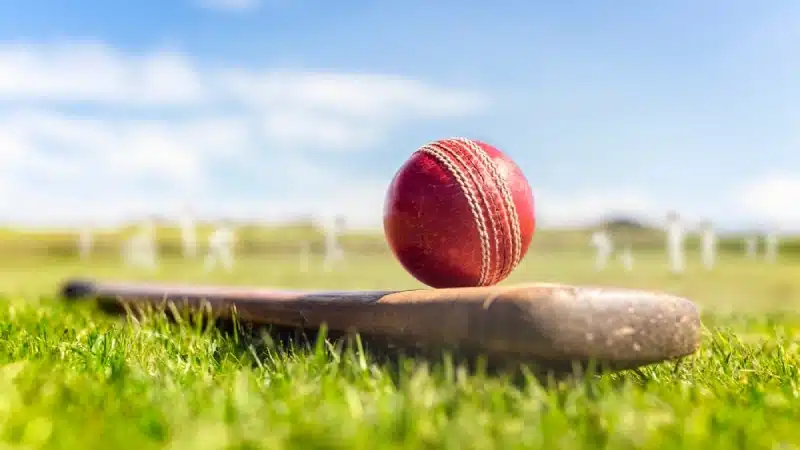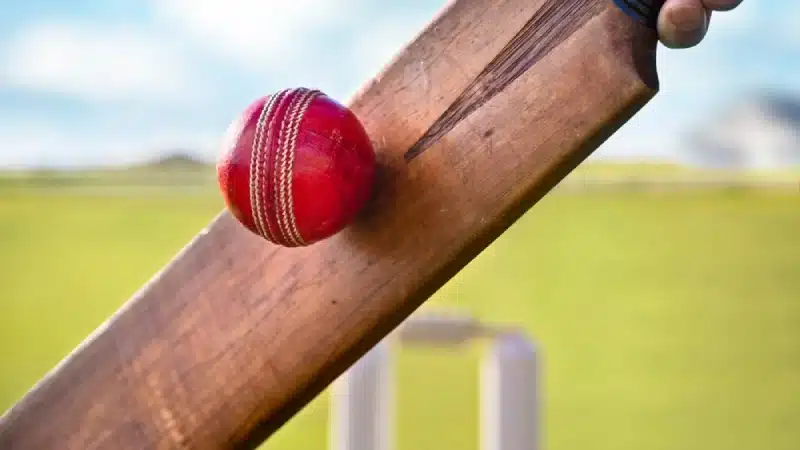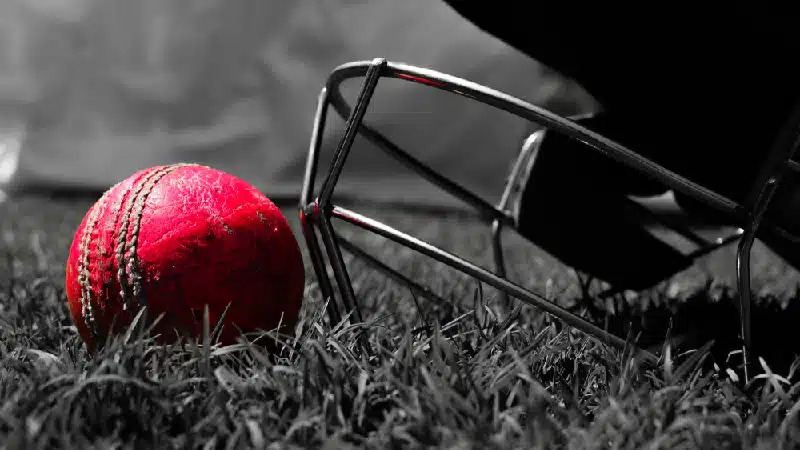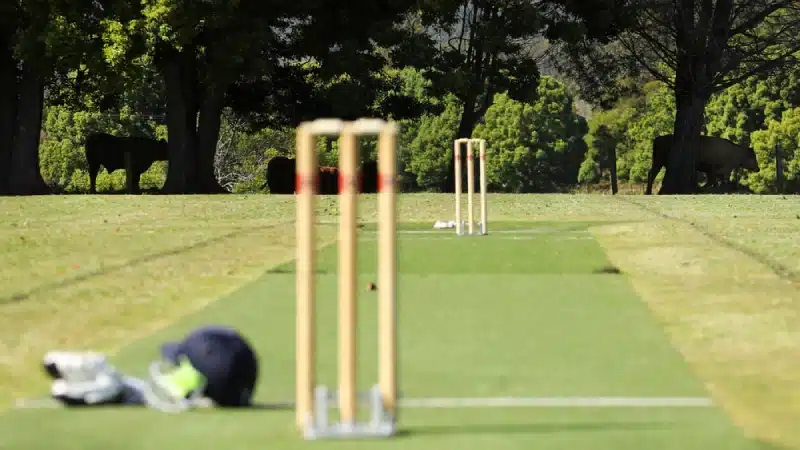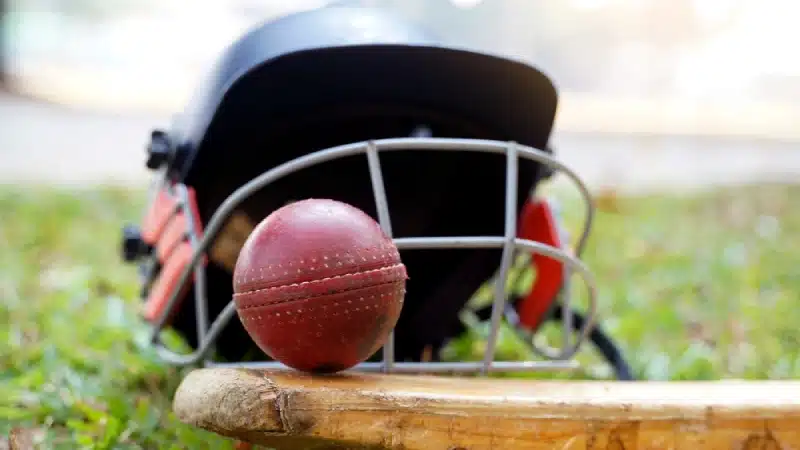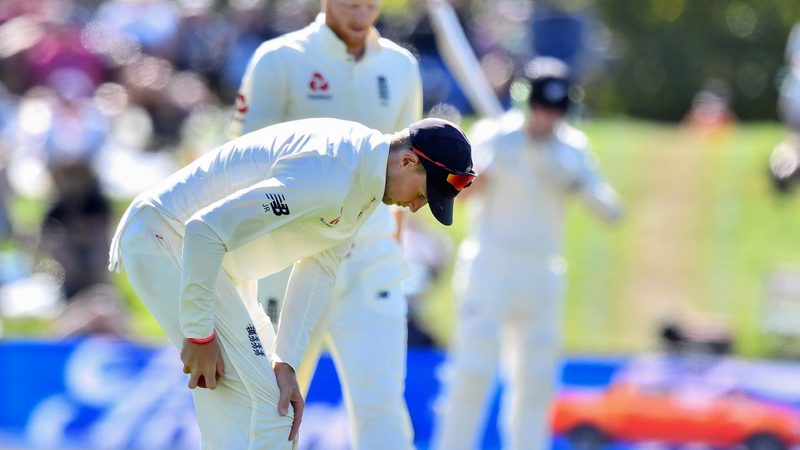
The looming threat of the global pandemic brought an abrupt end to sports all across the world. And as we know it, cricket was no different. While football is slowly coming out of its shell to resume operations, albeit behind closed doors, regular game weeks have begun smoothly. The other leagues, mainly from Italy, Spain and England, are all allowing the clubs to return to training, with the resumption dates already announced.
For cricket, the International Cricket Council (ICC) released a set of guidelines to help the countries restart their first class as well as international games in a safe environment, calling it the “ICC Back to Cricket Guidelines”. Made by the ICC Medical Advisory Committee, this document provides suggestions to the member states to help prevent the transmission of the disease, as countries look to make a comeback on the international stage.
While recent reports suggested that the England Cricket Board (ECB) might get the ball rolling, it was the Vincy Premier T10 League in Saint Vincent and the Grenadines in the Caribbean islands that started playing cricket after months of suspension.
On that note, let’s take a look at the future of cricket as we get closer to its comeback.
‘ICC Back to Cricket Guidelines’
Countries like India and Australia where cricket is one of the major sources of entertainment, special guidelines have been set up to prevent the outspread of the disease once the operations are resumed. The highest cricketing agency will hope that the member states will adhere to these guidelines ahead of the resumption of the sport.
Among the new guidelines, the ICC has asked bowlers to start preparations for Test cricket at least two to three months before their first Test, in order to avoid any injury. “Test cricket would require a minimum of 8-12-week preparation period (for bowlers), the final 4-5-week period would involve match intensity bowling,” the document reads.
Read | Does ICC’s new ruling spell the indefinite end of swing bowling?
While such guidelines are in place, the ICC has also said that any decision regarding the resumption of the sport should be made only after the advice of their respective governments is taken.
“ICC Members (and their own cricket communities) should be guided by the advice of their respective governments in relation to when sporting activity is resumed. Where sporting activities has been expressly forbidden by governments, no cricket activity should commence until approval to do so has been obtained from the government.”
ICC has also advised the states to continue domestic and international cricketing activities only if there is no threat of local transmission among the players and staff alike. “The resumption of cricket activities should begin only if there is no perceived or known risk that doing so might result in an increase in the local transmission rate,” the ICC mentioned in the guidelines.
Hygiene, Sanitization and no sharing of equipment
While the guidelines spoke about the relevant rules to help restart the sport, it also spoke about hygiene practices. This includes minimal use of the dressing rooms and shower areas, while the players are being encouraged to shower and change at home instead of at the match and training venues.
“Hygiene practices specific to cricket such as no sharing of drink bottles and towels, the safe management of the ball, discouraging celebrations with body contact. Education should include preventative measures such as: general hygiene practices such as regular and thorough washing of hands with soap and sanitizing with an alcohol-based hand-rub, refraining from touching your eyes, nose and mouth and good respiratory hygiene such as coughing or sneezing into your bent elbow etc,” as per the ICC guidelines.
Cricketers have also been dissuaded from sharing their equipment to help prevent the spreading of the disease and set an example for others. “Wherever possible, items of cricket equipment should not be shared with anyone else unless an appropriate cleaning protocol is followed. Players should be advised to minimise the use of changing rooms, shower facilities and other communal areas.”
Future of the T20 World Cup and the Indian Premier League
Two biggest questions at this point are about the hosting of the T20 World Cup in Australia, as well as the Indian Premier League, which has already been postponed twice. A lot has been said in the media about the T20 World Cup, which, as per the schedule, is to be held from 18 October to 15 November 2020, but nothing concrete has been said by the ICC as of now.
However, unlike the relatively richer BCCI, Cricket Australia cannot afford to bear the costs of the cancellation of the tournament. The staff of the Australian board were asked to take an 80% pay cut from April 27 until July. As of now, the board is looking forward to the India tour of Australia, beginning with a T20I series in October, followed by the Test and ODI series over December and January.
Prior to this, Afghanistan will tour the Aussies for a one-off Test. Scheduled to be held at the Perth Stadium from November 21, it will be a day-night Test.
Financially, these tours spell good news for the Australian cricket board, who will be looked to recuperate after the potential loss of revenue if the World Cup is cancelled.
Bio-secure environment for the players
With the ECB pipped to resume its operations soon, the players were called up for training, and the team might begin preparations for their Test series against West Indies and Pakistan soon.
The proposed tour of England for the Windies was touted to take place in June, but after prolonged discussions amidst the looming threat of the virus, the series was pushed back to July with many protocols in place.
The three Tests will take place on only two venues - Hampshire’s Ageas Bowl and Lancashire’s Old Trafford. Both venues will provide hotels on the site, while the Cricket West Indies will provide chartered flights for their players. The players and staff members will also undertake medical screenings and individual Testing procedures.
Feature image courtesy: AFP / Marty Melville












